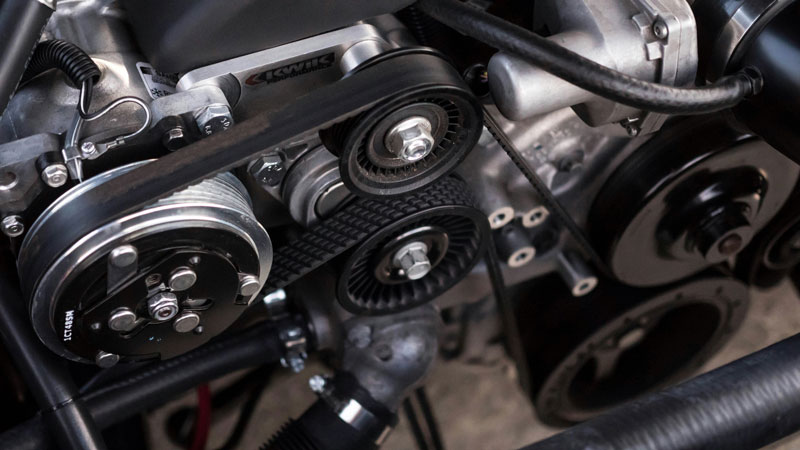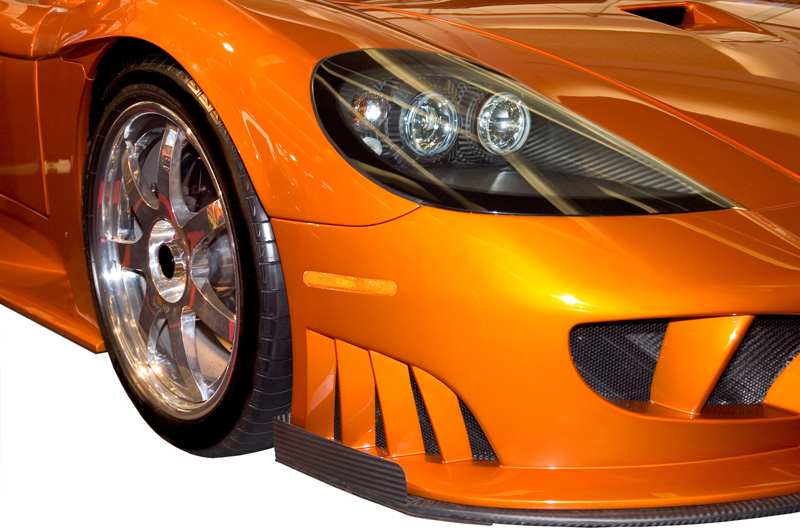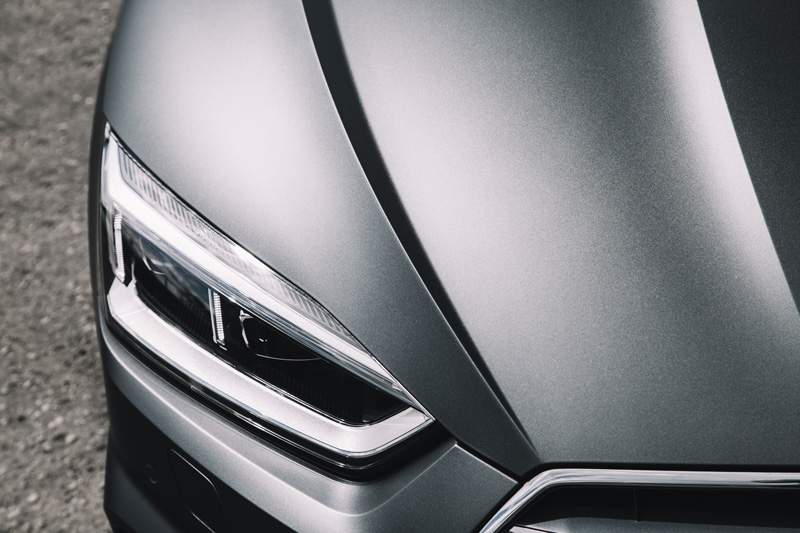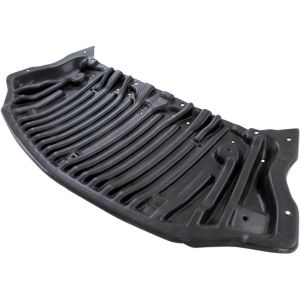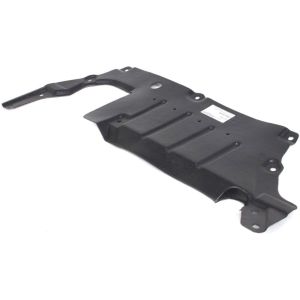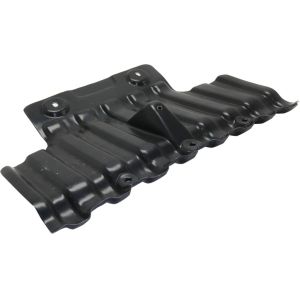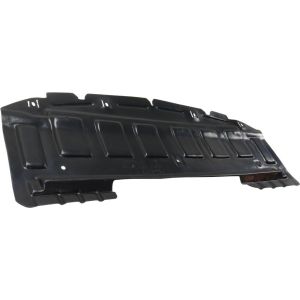Contemplating cars containing the coveted VQ engine? Let's explore into this discussion. Nissan's impressive VQ series has been a staple in many of their vehicles, from sedans to SUVs.
These engines are renowned for their efficiency, power, and durability, but which cars specifically house them? You might be surprised to learn how diverse the range is.
Stay tuned as we take a riveting ride through the world of VQ engines. It's time to fuel your fascination and navigate the remarkable nuances of Nissan's VQ series.
Key Takeaways:
- VQ engines, specifically the VQ35DE model, are used in various Nissan and Infiniti vehicles including Altima, Murano, Pathfinder, Quest, and Infiniti QX60.
- Special versions of VQ engines are featured in the 2003-2006 Nissan 350Z and Infiniti G35 and have been upgraded to the VQ35HR model.
- The VQ35DE engine is known for its versatility, with potential for bolt-on modifications, tuning, and the addition of turbochargers or superchargers.
- The VQ35DE engine, despite ending its production run in 2015, remains a popular choice among car tuners and enthusiasts due to its performance enhancements and parts availability.
What Are VQ Engines?
VQ engines are a series of high-performance and reliable V6 engines first introduced by Nissan in 2000, which you might know from popular models like the Nissan Altima, Murano, Pathfinder, and Quest, as well as the Infiniti QX60. These engines have been praised for their performance enhancements, including superior horsepower, torque, and fuel efficiency.
However, like any mechanical innovation, they've had their fair share of reliability concerns. Issues with oil consumption and catalytic converter sensitivity have been reported, but don't let that discourage you. They're still a top choice for many car enthusiasts due to their versatility and potential for performance upgrades.
These engines have been widely used in a variety of vehicles, solidifying their status in the automotive industry. Their applications aren't just limited to Nissan and Infiniti models, they've also found their way into other brands, expanding their reach and influence.
Looking ahead, the future prospects of VQ engines are promising. Despite the challenges, they continue to evolve and adapt, proving their resilience in a rapidly changing industry. So, whether you're a car enthusiast or just in search of a reliable engine, the VQ series should definitely be on your radar.
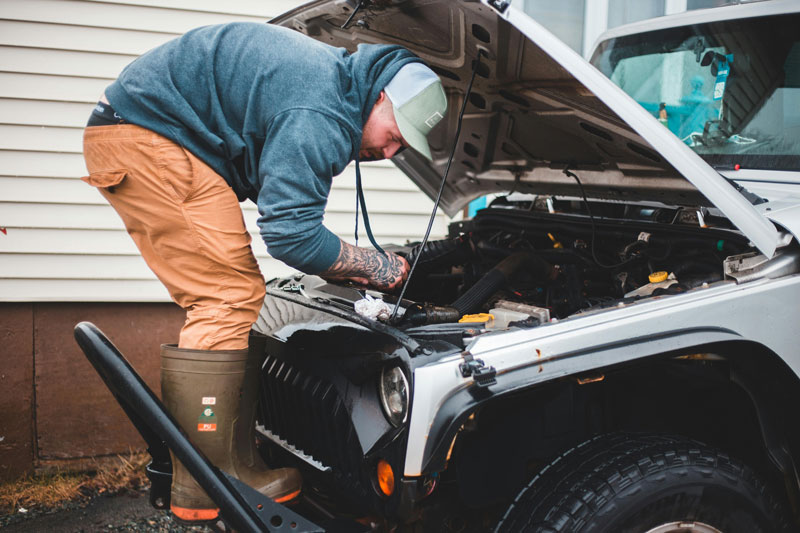
History of VQ Engines
Let's explore the rich history of these powerful engines, tracing back to their debut in the year 2000. Nissan, a renowned automobile manufacturer, introduced VQ engines to the world marking a milestone in engine applications. Over time, these engines have undergone evolutionary changes, improving their efficiency, performance, and overall reliability.
Here's a short timeline to give you a better grasp:
- 2000: Inception of VQ engines by Nissan, offering a unique blend of power and efficiency.
- 2000-2020: Gradual improvements and performance upgrades enhancing engine capabilities.
- 2020-Present: Modern VQ engines showcasing advancements in technology and delivering high performance.
Performance upgrades have been a significant part of the VQ engines' history. These engines respond well to modifications, making them a popular choice among performance enthusiasts. Maintenance tips also play a crucial role, as proper upkeep ensures the longevity of these engines.
Understanding the history of VQ engines helps you appreciate their design, efficiency, and the technology behind them. As you explore this topic, you'll discover why these engines have become a staple in many high-performance vehicles.
What Cars Have VQ Engines?
You might be surprised to know how many popular car models are equipped with the powerful VQ engines. From Nissan to Infiniti, these engines have found their home in a variety of cars due to their reliability and performance tuning potential.
VQ engine applications are widespread, powering models such as the Nissan 350Z, 370Z, Maxima, and Pathfinder, as well as the Infiniti G35, G37, and Q50. The VQ's versatility extends to performance tuning, with enthusiasts often tweaking these engines for more power and responsiveness.
As for reliability, VQ engines have earned a solid reputation. They're known for their durability and longevity, often surpassing 200,000 miles with regular maintenance. However, like any mechanical component, they're not without their issues. Common problems include oil leaks and sensor failures, but these are generally straightforward to fix.
The aftermarket support for VQ engines is also impressive. There's a wealth of parts and upgrades available, from air intake systems to exhausts, allowing you to get the most from your VQ engine. So, if you're seeking a reliable, versatile engine with plenty of tuning potential, the VQ could be just what you need.
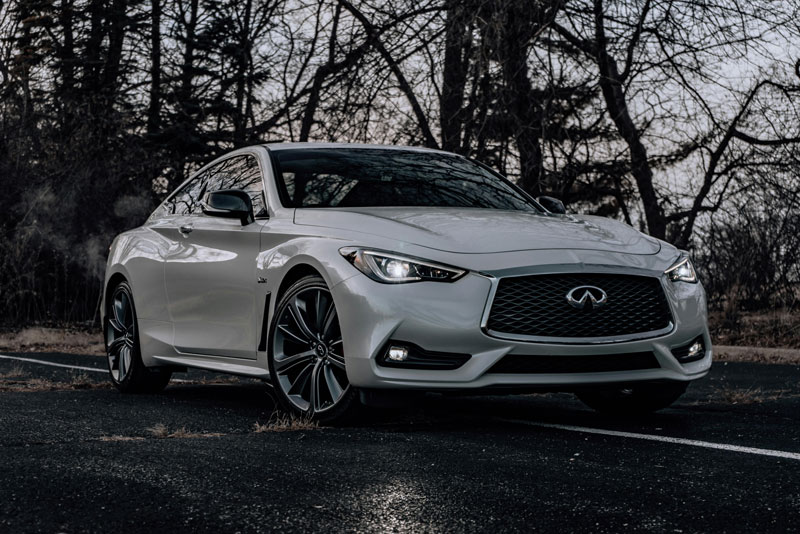
What Makes Them So Special?
You might be wondering, what's the big deal about cars with VQ engines? Well, there's a lot that sets them apart. Let's get into the specifics of the advantages and disadvantages that make these engines stand out.
Advantages
Digging into the advantages, it's apparent that the VQ engines stand out for their impressive power output, adaptability to tuning, and wide usage across various car models.
These powerhouses offer significant performance benefits, making them a preferred choice for speed enthusiasts:
- Power Output: VQ engines are recognized for their high power output. They can produce a wide range of horsepower, adapting to the needs of different vehicles easily.
- Adaptability to Tuning: These engines respond well to tuning, allowing you to customize their performance to your liking. This feature makes them highly versatile and user-friendly.
- Fuel Efficiency Improvements: Despite their high power, VQ engines don't compromise on fuel efficiency. They balance performance and economy, giving you a smoother, more cost-effective ride.
These strengths make VQ engines a standout choice in the automotive world.
Disadvantages
While the VQ engines boast several benefits, it's equally important to understand the potential drawbacks that come with them.
One of the main concerns with these engines is their high oil consumption. You'll find that VQ engines tend to burn through oil faster than you might expect, which can lead to frequent and potentially costly oil changes.
Another downside is their sensitive catalytic converter. This component is **essential** for reducing harmful emissions, but it's known to fail prematurely in VQ engines. This failure can lead to poor vehicle performance and pricey replacement costs.
While these engines are celebrated for their power and versatility, these drawbacks underscore the importance of regular maintenance and careful handling.
Can You Tune Them?
When it comes to tuning VQ engines, there's a wealth of options available to enhance their performance. Performance upgrades and aftermarket parts can truly transform the overall experience of your car, taking it from factory standards to customized perfection.
Here is what you need to know:
- Engine Tuning: Through engine tuning, you can fine-tune the car's engine to maximize power and efficiency. This can involve tweaking the car's computer system to improve its fuel-to-air ratio, ignition timing, and other factors that can lead to power gains.
- Performance Upgrades: There are numerous performance upgrades that can notably increase the power of VQ engines. These can include everything from installing performance chips that improve horsepower and torque, to adding turbochargers and superchargers for an extra boost.
- Aftermarket Parts: Many aftermarket parts are designed specifically to enhance the performance of VQ engines. These can include high-performance air filters, exhaust systems, and even performance cams.
However, remember to always consult with a professional before making any major modifications to your vehicle. While these enhancements can lead to notable power gains, they should be done responsibly to ensure the longevity and safety of your vehicle.
Conclusion
So, you've voyaged through the vast variety of vehicles with VQ engines. From the Nissan Altima's nimble navigation to the Infiniti QX60's impressive power, these engines epitomize efficiency and endurance.
Be it for a new car consideration or simply to satiate your auto-acumen, understanding these unique, tunable engines is a triumph. Truly, the world of VQ engines is a thrilling territory to traverse. Buckle up, because your journey into automotive excellence has only just begun!
FAQs (Frequently Asked Questions)
What Are Some Common Issues or Problems Associated With VQ Engines?
- Common issues with VQ engines include high oil consumption and a sensitive catalytic converter. You might also experience durability problems or hear unusual engine noises. Regular maintenance can help mitigate these issues.
What Are the Maintenance Requirements for Cars With VQ Engines?
- For maintaining VQ engine's efficiency, you'll need regular oil changes, spark plug replacements, and timing chain inspections. You'll also notice its distinctive sound, a sign it's running smoothly with proper maintenance.
What Are Some Tips for Maximizing the Lifespan and Performance of a VQ Engine?
- For maximizing your VQ engine's lifespan and performance, consider regular servicing, efficient oil changes, and VQ engine customization. Optimize fuel efficiency by maintaining proper tire pressure and reducing excess weight in your vehicle.
